Nearly 70 years after being executed as a war criminal, the memory of Third Reich ambassador to Slovakia, Hanns Ludin, continues to weigh on his descendants. His granddaughter Alexandra Senfft has broken the family silence.
La Croix, François d’Alançon, 14/08/2017
>> more
Author Archives: Alexandra Senfft
Alla Ricerca Radici del Male
Rome, Italy
Clipper Media und Rai Cinema
Dokumentarfilm von Israel Cesare Moscato, Italy 2017
>> more
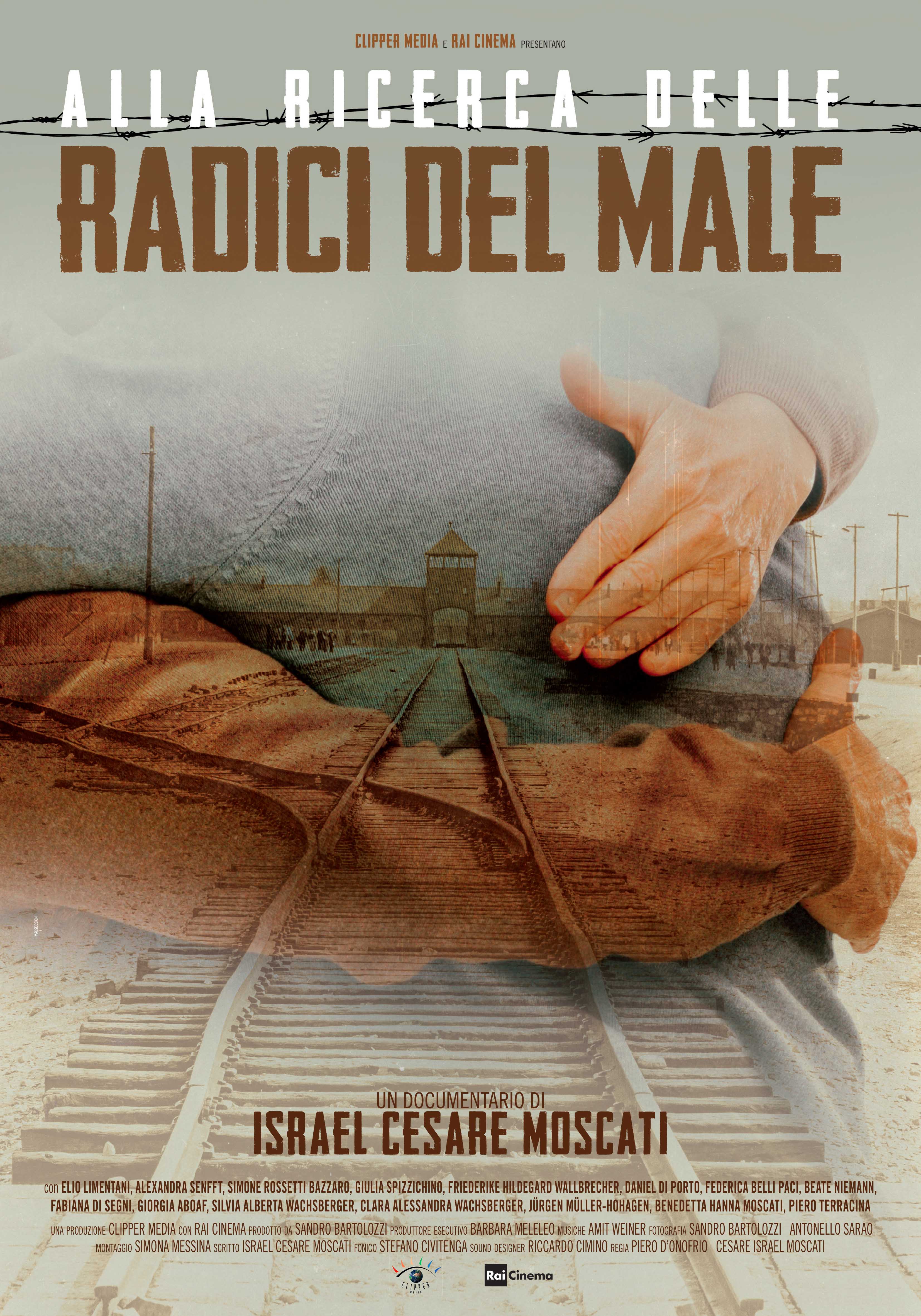
Mein Kampf Returns to Germany
Alexandra Senfft, an author and Middle East expert, became acutely aware of her own family history only later in life. «By all means look at Mein Kampf and contextualize it,» says Senfft. «It is part of our history. What I am kind of hesitant about is identifying Hitler as Nazism as such. I find it much more important to not only focus on leaders but on how people on an every day level, ordinary people, latch on to the ideology.» One must ask, she says, why «the majority of ordinary Germans became perpetrators.»
The Daily Beast 01/09/2016
>> more
Interview with Alexandra Senfft
«The Guiding Principle Should Always Be Humanity.»
On May 2nd, 2016, Alexandra Senfft’s new book „Der lange Schatten der Täter. Nachkommen stellen sich ihrer NS-Familiengeschichte“ (“The Perpetrators’ Long Shadow. Descendants Face their Nazi Family History”) was published. The author, the granddaughter of the „Gesandte des Driten Reiches in der Slowakei“ („Envoy of the Third Reich to Slovakia“), demonstrates through dialogues with other descendants of Nazi perpetrators that remembering the Nazi past is important for the present and the future.
Reichental named this year’s International Person of the Year
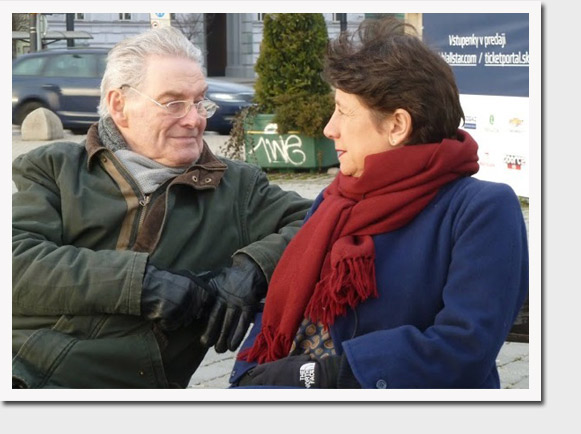 Holocaust survivor Tomi Reichental has been named this year’s International Person of the Year at an awards ceremony in Dublin.
Holocaust survivor Tomi Reichental has been named this year’s International Person of the Year at an awards ceremony in Dublin.
>> Video
Close to Evil
RTE and Praxis Pictures
Ireland 2015
>>more
I wanted reconciliation
«Embracing Alexandra Senfft, the granddaughter of the Nazi war criminal Hans Ludin who was implicated in sending 35 members of my family to death in the gas chambers, was not an act of forgiveness. Instead it was an embrace of a ‘kindred spirit’. Alexandra sought me out in order to demonstrate our common humanity. She wants to proclaim the truth and urge people not to forget.»
The Guardian 05/02/2015
>> more
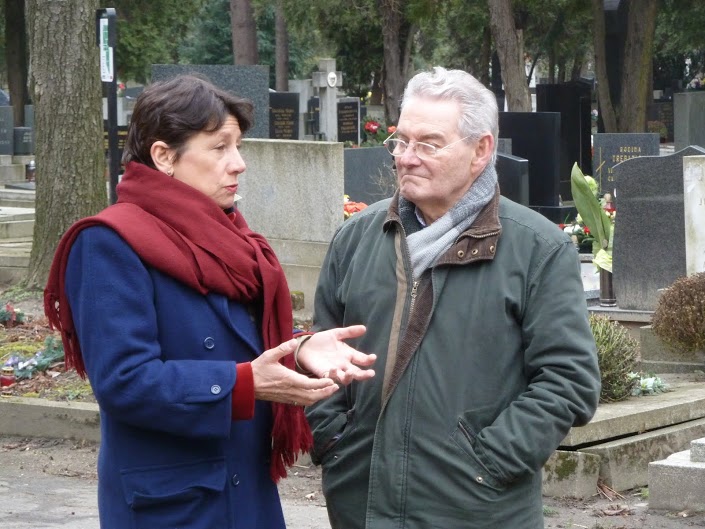
A Rabbi’s Word, Kehila Newsletter
By Frank Dabba Smith, London
For German writer Alexandra Senfft, who spoke to Mosaic members and guests on the anniversary of Kristallnacht, 10th November 2014, there can be no such thing as a family secret.
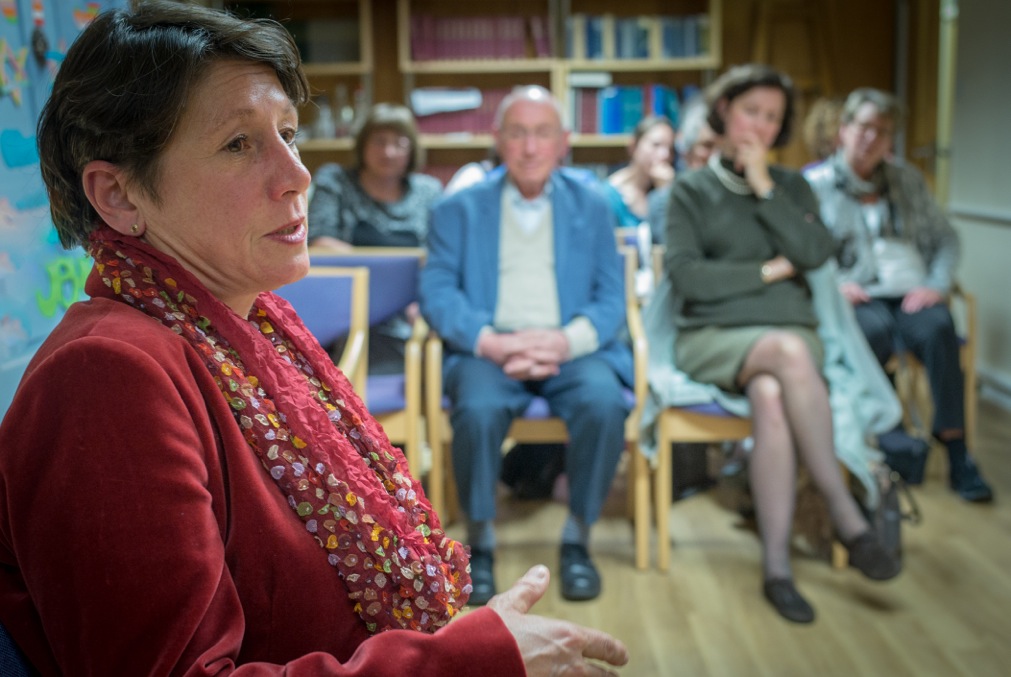
Alexandra’s maternal grandfather was Hanns Elard Ludin who was born in 1905 in Freiburg, Germany and hanged for war crimes in 1947 in Bratislava, Slovakia. Ludin joined the Nazi party and the SA-storm troopers in 1931. Reputedly lucky to survive Hitler’s murderous purge against the SA in 1934, Ludin eventually became the German envoy to Slovakia. He may have been a diplomat by title but he was judged guilty of being directly involved in the deportation of some 70,000 Jews.
Alexandra’s family maintained the fiction that her grandfather was merely a decent civil servant despite his active membership in the NSDAP. This complicit silence was too much for Alexandra’s emotionally deprived mother Erika (1933-1998) who learned of her father’s execution while at boarding school at the vulnerable age of fourteen. Like other children of perpetrators, Erika died too young after decades of depression and alcoholism.
In her very respected book published in 2007, Schweigen tut weh: Eine deutsche Familiengeschichte (The Pain of Silence: A German Family History), Alexandra conveys her personal journey to discover the truth of her grandfather’s crimes and the subsequent silence that also destroyed her mother. Along the way, she lost relationships with both relations and friends. But she gained new and supportive friendships such as with the visionary Israeli psychology professor and filmmaker Dan Bar-on (1938-2008) who brought together descendants of Shoah victims and perpetrators. His passion was to overcome walls of silence and hostility.
Like Dan Bar-On, Alexandra is deeply involved with dialogue and conciliation. She is very aware of Rabbi Albert Friedlander’s words, ‘It’s not for me to forgive and I cannot forget; but we must live together anyway’. Her efforts also include peacemaking between Israelis and Palestinians and acknowledging the stories of the two traumatized sides of this conflict. In this regard, Professor Bar-On was an inspiration, too.
Those who attended Alexandra’s evening held in the packed HWPS sanctuary on Bessborough Road were deeply moved by her courage and vision. At the end of the evening, when I asked for members of the audience to join Alexandra in a photograph, the very first to volunteer was Hana Schlesinger, a child of Slovakian Jews who lost many relations in the Shoah. This was a precious moment of healing.
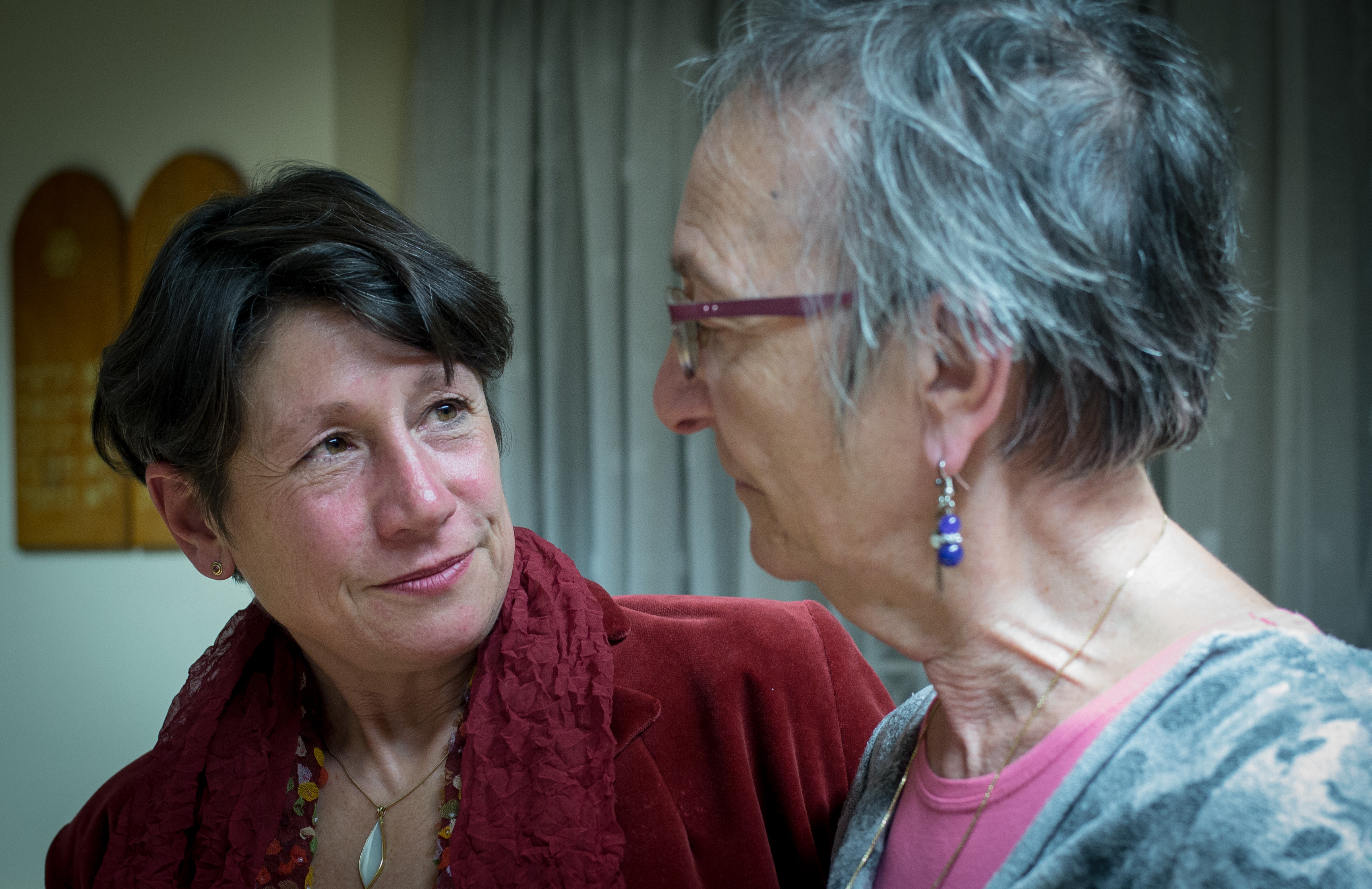
Alexandra Senfft with Holocaust survivor Tomi Reichental on Ireland’s RTE news
People of the Year Award
Alexandra Senfft accompanying Tomi Reichental to RTE (Ireland’s National Television)
«People of the Year Award», Dublin 6th December 2014, and commenting on his award
Tomi Reichental, one of only two holocaust survivors living in Ireland, has dedicated his time to speaking
about his experience in schools. He is presented with the International Person of the Year.
>>watch
DrumPower Against Violence
Drumming helps young adolescents overcome social differences,
boosts their self-confidence and enhances social peace
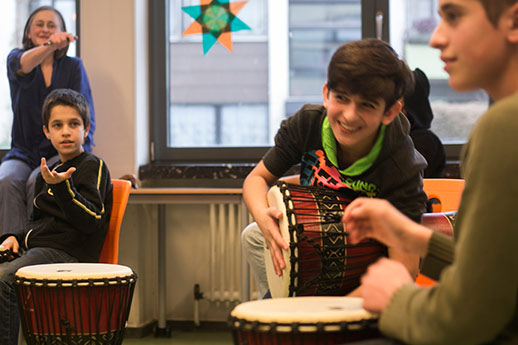
There is excitement today in one of the classrooms of Munich’s «Sonderpädagogisches Förderzentrum am Westpark» (support centre for special education): visitors have arrived, among them a photographer who will take pictures of the youngsters in the upcoming lesson. This afternoon’s class is dedicated to «DrumPower Against Violence», a musical approach to social integration and the prevention of violence, developed by Dr Andreas Wölfl, a well-known psychologist specialising in the treatment of children and adolescents, and a director of the Institute for Music Therapy at the Freies Musikzentrum in the centre of the Bavarian capital Munich.
Continue reading